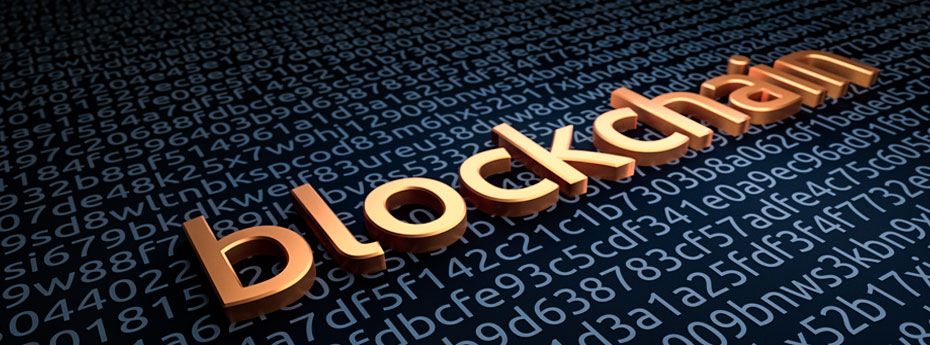
The 21st century has become a significant milestone in the evolution of new technologies. With the help of new developments in the automotive industry, medicine, and robotics, humanity can make life easier for itself and overcome serious ailments. But until all these wonders of science become available to a wide audience, some technologies are already being applied here and there.
Today, we will talk about blockchain, the very concept on everyone’s lips along with cryptocurrencies a few years ago, and now it continues to be studied and improved. Why is it still not widely used? Where can blockchain be used, and how does it work? Read on, and you will find out the answers to these and other questions.
Brief Background on What Blockchain Is
Firstly, let’s figure out what blockchain is, how it works, and talk a little about the basic concepts associated with it.

Blockchain is considered a kind of distributed ledger technology (DLT) and, as the name implies, looks like a set of blocks, where each new one is created with the need to add new information. Each block, in turn, consists of an encrypted hash code (consists of letters and numbers), the hash code of the previous block, information about transactions, and the timestamp of the block creation. By the way, not only money transfers are called transactions in the blockchain; here, we are also talking about any commercial transaction and contract signing.
The popularity of the blockchain can be directly linked to cryptocurrencies, and in this regard, many have probably heard that transactions in blockchain can be anonymous. It should be emphasized that blockchain networks can track funds’ movement to wallet addresses tied to the IP address and data of a person from cryptocurrency wallets and online exchanges. Therefore, most of the existing coins are still pseudo-anonymous. Of course, some extremely shrewd people have found a way out of this situation, but it’s not so simple, and this is a topic for another article.
Application Prospects and Some Nuances
Blockchain technology is useful in that it allows parties to enter information only in subsequent blocks, view, and copy old data, if necessary, while any information entered into the blockchain can’t be changed. That is, such a mechanism serves as a reasonable ground for the security of any data and transparency of relations.
Surely many people can’t wait until paperwork, the need to obtain physical signatures, and similar time-consuming things disappear from our lives. Blockchain technology promises to put this way of doing things in the past forever thanks to smart contracts. In addition, it saves us from the need for any third parties to participate in the transaction, such as lawyers and notaries.
Blockchain is a decentralized system, meaning there’s no main computer or server to hack and steal data. And it’s impossible to hack something in the blockchain due to data encryption. In view of the above, it becomes clear that the blockchain can theoretically be used for information security in many spheres of activity, such as finance and banking, medicine and healthcare, public services, real estate, energy, and non-commercial organizations. And this list is probably endless.

Everything sounds so perfect, which means there’s a catch somewhere. Everything in our world has weaknesses and flaws, and blockchain is no exception. Firstly, in order to implement blockchain, say, in an enterprise, it will require huge computing power and energy resources. Secondly, it turns out that the irreplaceability of the entered data also means the impossibility of deleting or changing the data entered by mistake. Thirdly, the issue of blockchain scalability remains open, a low rate of which negatively affects the throughput of the network, which in turn affects the low percentage of transaction confirmations.
Despite the above-mentioned weaknesses, blockchain is too good just to disappear forever. The benefits of this technology have the revolutionary potential for consumers, new markets, and governments. Therefore, it is still being shaped and refined to become the solution, if not all, of humanity’s many challenges. I am sure that you should closely follow the news in this area because the blockchain can still surprise us.





